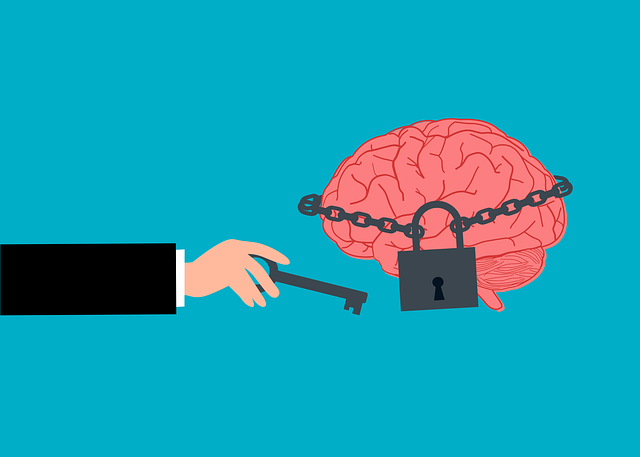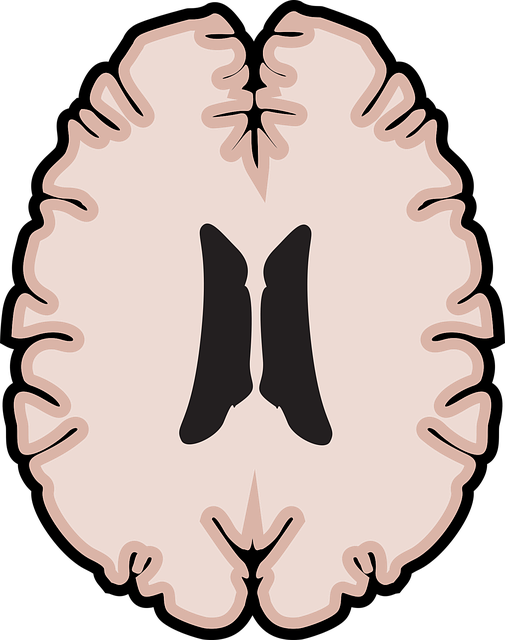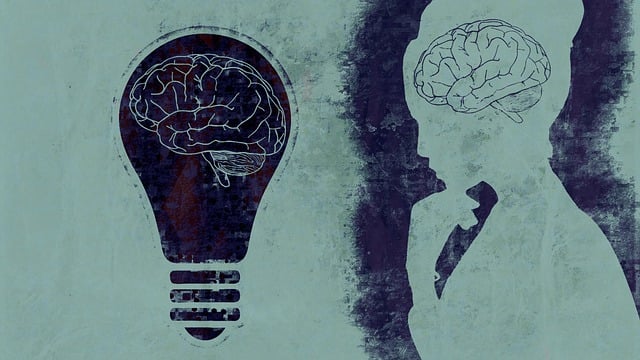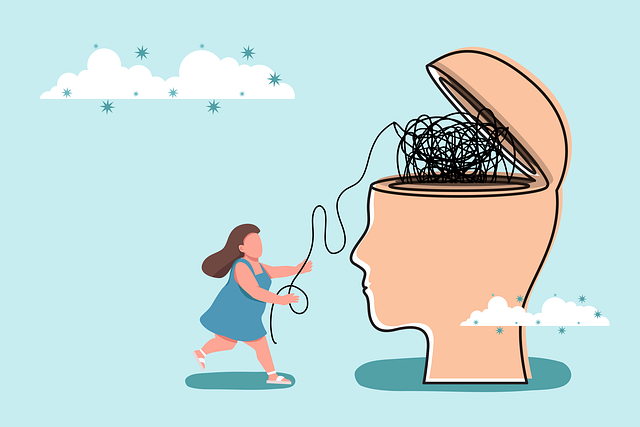Golden Children Therapy (GCT) prioritizes risk assessment as a foundational mental health practice, evaluating past traumas, current stressors, and behavioral patterns to create strategic interventions tailored to each client's unique needs. They go beyond conventional therapy with evidence-based approaches like Social Skills Training and Mental Wellness Coaching Programs. Through public awareness campaigns, GCT destigmatizes mental health issues and equips individuals with emotional well-being management tools. Their comprehensive initiatives foster a supportive environment that enhances clients' resilience in overcoming life challenges, while also training professionals to manage stress, compassionately care for vulnerable individuals, and create healthy work-life balances.
Mental health professionals, especially those involved in innovative practices like Golden Children Therapy, must prioritise risk assessment to ensure client safety. This article explores the essential elements of risk assessment in mental health practice, focusing on identifying potential hazards unique to Golden Children Therapy. We’ll delve into strategies for mitigating risks and fostering a secure environment, guiding caregivers to deliver effective yet safe services. By understanding these key concepts, professionals can enhance their practices and promote positive outcomes for clients.
- Understanding Risk Assessment in Mental Health Practice
- Identifying Potential Hazards for Golden Children Therapy
- Strategies to Mitigate Risks and Ensure Safe Caregiving
Understanding Risk Assessment in Mental Health Practice

Risk assessment is a critical component of mental health practice, serving as a strategic framework for identifying and mitigating potential hazards that may impact clients’ well-being. For mental health professionals, this process involves a thorough evaluation of various factors—including past traumas, current stressors, and behavioral patterns—to anticipate and address risks effectively. At Golden Children Therapy, we recognize that each individual’s journey towards mental wellness is unique, necessitating a tailored risk assessment approach.
By integrating evidence-based practices such as Social Skills Training and developing Mental Wellness Coaching Programs, our therapy sessions go beyond conventional treatment methods. We believe in fostering public awareness campaigns to destigmatize mental health issues and empower individuals to take charge of their emotional well-being. Through these comprehensive initiatives, Golden Children Therapy aims to create a supportive environment where clients can safely explore and overcome challenges, ultimately enhancing their ability to navigate life’s complexities.
Identifying Potential Hazards for Golden Children Therapy

Identifying potential hazards is a critical aspect of risk assessment for mental health professionals engaging in innovative practices like Golden Children Therapy (GCT). This therapeutic approach, focused on healing and nurturing young minds, comes with its own set of considerations. One key hazard to recognize is the emotional intensity that GCT can evoke. Children, being particularly susceptible to their feelings, might experience heightened stress or anxiety during and after sessions, requiring professionals to be adept at managing these emotional responses.
Additionally, ensuring a safe and supportive environment is paramount. Given the sensitive nature of GCT, which often involves exploring traumatic experiences, there’s a risk of re-traumatization if not handled carefully. Professionals must be well-versed in trauma-informed care practices, incorporating stress management workshops (a service offered by organizations like ours) and mental health education programs designed to foster emotional healing processes.
Strategies to Mitigate Risks and Ensure Safe Caregiving

Mental health professionals play a crucial role in caring for vulnerable individuals, and their own well-being is paramount to delivering safe and effective care. To mitigate risks and ensure optimal caregiving, several strategies can be employed. One such approach is integrating compassion cultivation practices into daily routines. This involves fostering self-care measures like mindfulness meditation, which helps professionals manage stress and maintain emotional resilience. By cultivating compassion for both clients and themselves, mental health workers can create a supportive environment that benefits both parties.
Additionally, providing comprehensive training in social skills and crisis intervention guidance is essential. The Golden Children Therapy, for instance, emphasizes the importance of teaching individuals effective communication strategies to prevent escalation in therapeutic settings. Equipping professionals with these tools not only enhances their ability to manage high-risk situations but also fosters a sense of security among clients. Regular debriefing sessions and peer support networks further contribute to creating a safe space where mental health practitioners can exchange experiences, learn from each other, and maintain a healthy work-life balance.
Mental health professionals working with vulnerable populations, such as those engaging in Golden Children Therapy, must consistently assess and manage risks to ensure safe and effective care. By understanding potential hazards and implementing robust risk mitigation strategies, therapists can create a nurturing environment that promotes healing while safeguarding clients from harm. Regularly reviewing and updating risk assessment protocols is essential to stay ahead of emerging challenges, ensuring the highest standards of practice in Golden Children Therapy.














